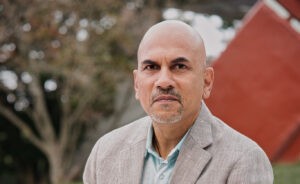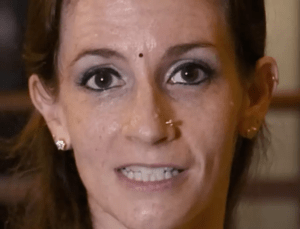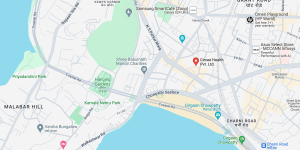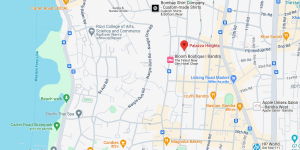Dr. Jennifer Prabhu on how the healthcare sector is reshaping into a model that centres around preventing and reversing chronic conditions.
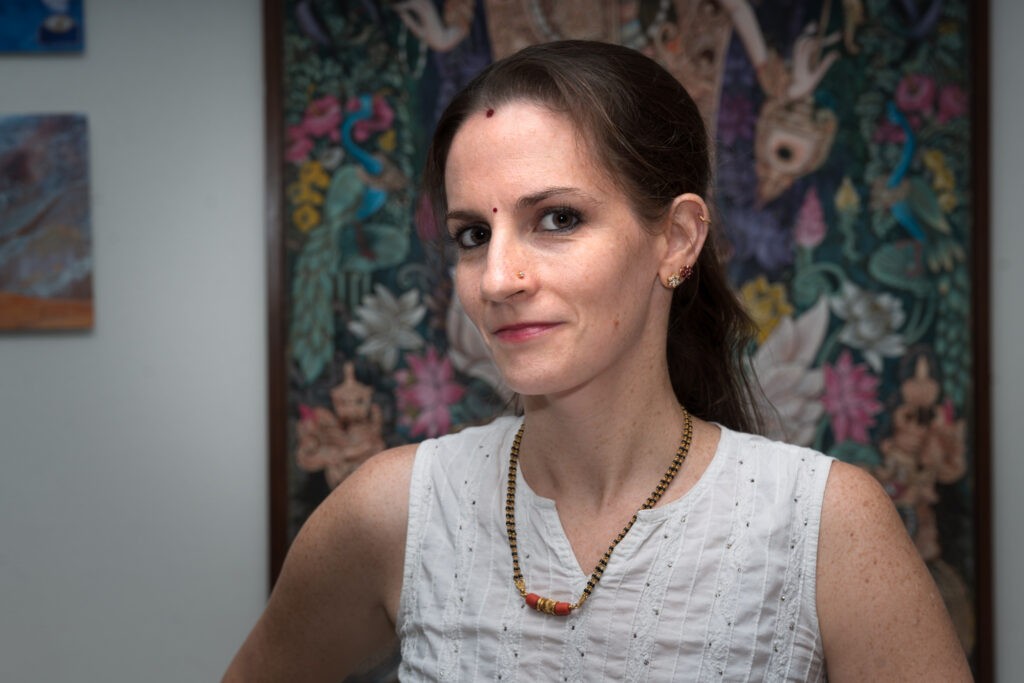
Due to the current COVID-19 pandemic, we are witnessing a faster move from the larger hospital setups that are providing interventional care, to smaller clinics or even, as the second covid wave is showing us, the patient’s home. This will open up all kinds of avenues for the healthcare industry to provide value-added services. For example, in just the last few weeks, we have witnessed our patients getting more ambulatory care delivered to their homes — from oxygen cylinders and x-rays, to BiPAP machines and IV medications. This trend is not likely to slow down in any way in the near future. We foresee that in the next wave, we will witness technology-led solutions following the path that COVID-19 has paved. These innovations may be in the form of IoT devices, to specialised instruments for telemedicine, to data analytics, all vying for the same space – the patient’s home – all geared (we hope) towards a focus on disease prevention and early intervention.
At the beginning of the 20th century, healthcare was centred around acute care — if you got sick, you called a doctor. As the century progressed, infectious diseases gave way to chronic diseases as the most common cause of death. However, healthcare never evolved beyond the acute, treatment-based model that had existed for over 100 years. Today, lifestyle-related chronic diseases account for 81 per cent of all hospital admissions, 76 per cent of all physician visits, and worldwide, USD 1.5 trillion is spent on healthcare each year.
I would like to take you back once more. This time only to back up and revisit what preventive health really means. It’s very important to understand patients’ behaviour and his/her orientation towards preventing diseases. For which they need to be treated as a human being instead of just a body with defects; understanding the person’s physical, lifestyle, emotional, medical, cognitive, social and even spiritual needs are necessary. Before you think that I am too far out, but any one of these aspects out of balance, and you will find the person quickly turns into a patient that needs intervention.
For this individual, a focus on prevention would mean fewer trips to the doctor for interventional care and the shift would be to periodic, predetermined visits. At these, the healthcare provider and the patient work together to shed light on potential future issues and discuss how to get ahead of them before they become a problem. This can be in the form of discussion, laboratory and imaging studies and often questionnaires. Patients will find that this sort of visit will lead to a healthier and longer lifespan – and as an added benefit – these visits will be easier on the pocket. Such forms of health technology penetration into people’s homes can also help the rural underserved areas of our country. This could dovetail in well with the current schemes that allow it to be innovative towards preventing models.
Speaking of the government initiatives, the focus of Public-Private Partnership (PPP) should tilt more towards prevention, rather than intervention, as this is the way to cut long-term healthcare costs, as is evident from outcomes in many Western nations. The dream of universal health coverage can be made a reality sooner only if we ride the current focus on prevention rather than costly interventions.
This sort of patient-centric, prevention-focused solution could help the insurance industry to have a better handle on efficiency and managing claims. Data integrity and its exchange to the concerned party makes things easy and efficient to utilize. It creates transparency between patients and insurance firms; it helps in avoiding inconvenience caused due to both’s ignorance especially, on the patient side.
What is trending in patient’s homes will then be mimicked in corporations. Corporations that are providing health benefits and employee wellness programs will find that having a focus of such programs on preventive diseases, the productivity and illness-related loss in labour-hours will drop. This will then be followed by similar technology penetration as will start in people’s homes. In a well-publicised study, the Associated Chambers of Commerce of India reported that INR 1 spent on employee disease prevention saves INR 133 in absenteeism costs and INR 6.62 in healthcare costs. No one can argue against that kind of cost-benefit ratio of preventing diseases amongst employees! The same study found that 83% of employees are willing to contribute towards a company-sponsored wellness program.
Covid has brought some more thinking home, and literally so! During these multiple lockdowns, people started educating themselves about Covid and in doing that, have come across many strategies that are geared towards prevention. Once this concept of keeping a healthy body weight, avoiding lifestyle diseases has sunk in, they are having a second look at this cost-effective method. At Circee Health, we have noticed an uptick in the kind of questions that are being asked – typically, revolving around disease prevention. By that, I do mean disease prevention in general, not only Covid prevention.
This pandemic has compelled many people to re-think their present health condition and how to improve it especially in major affected countries like the USA, Brazil & India. It might produce an impressive number of physicians, nurses and other healthcare workers, it pales when we look at our per-capita ratio. A focus therefore on disease prevention takes a lot of the burden off the system in terms of manpower requirement.
Another, not so obvious reason for the move towards prevention (and cutting out most medication) is the issue of non-adherence to the prescribed treatment regimen. In recent studies, many experts state that fewer adherences to prescription medications further aggravation and cost of handling the disease burden. We are trying to change the landscape of traditional clinical treatment by predicting that large pieces of this disease prevention market will be yoga, Diet and fitness centres.
The elephant in the room that we are ignoring (since Covid has taken over most of the conversation), are non-communicable diseases (NCD). These NCDs have a hallmark of taking a toll over the patient’s lifetime in terms of health and financial cost to the patient and to the system as a whole. However, the good news is that preventive medicine can handle this elephant with aplomb! NCDs don’t just appear. They start with tell-tale signs that any good prevention-focused healthcare provider can identify, and given appropriate tools, reverse the disease condition. With NCD numbers in India climbing at an alarming rate, shouldn’t it be a wake-up call that it is time for preventive medicine to claim its rightful place in our healthcare system?
As reported in the following news outlets (click to visit):

